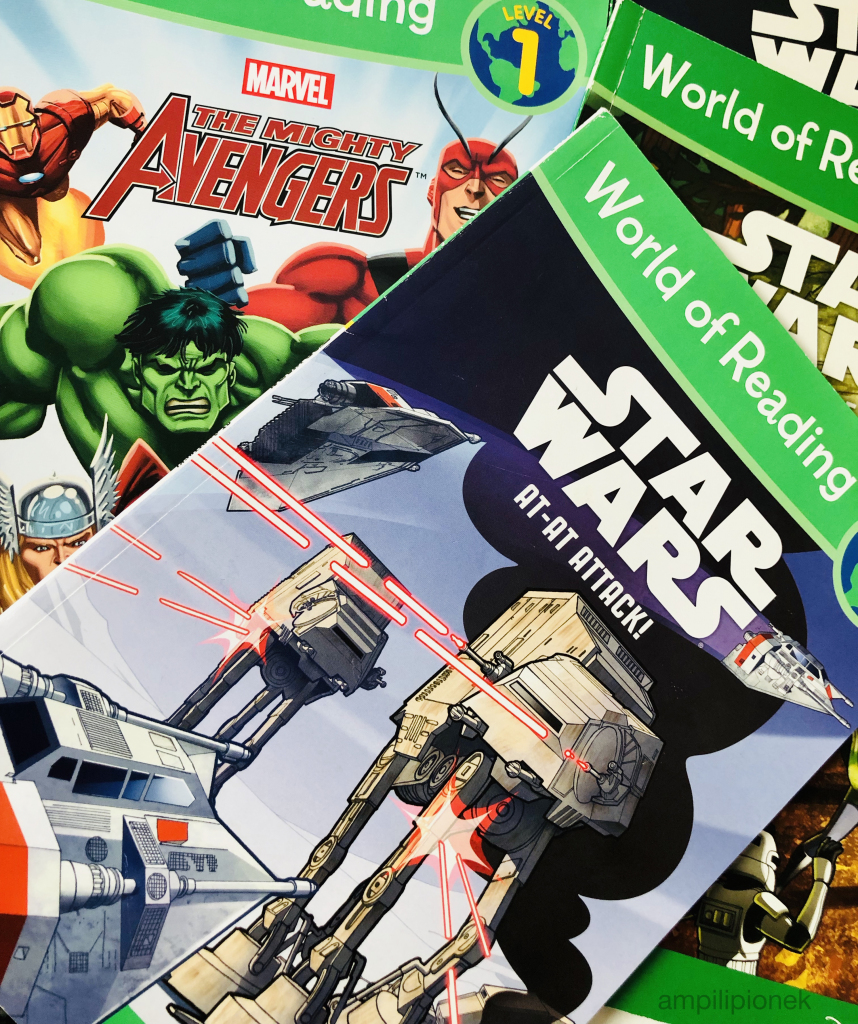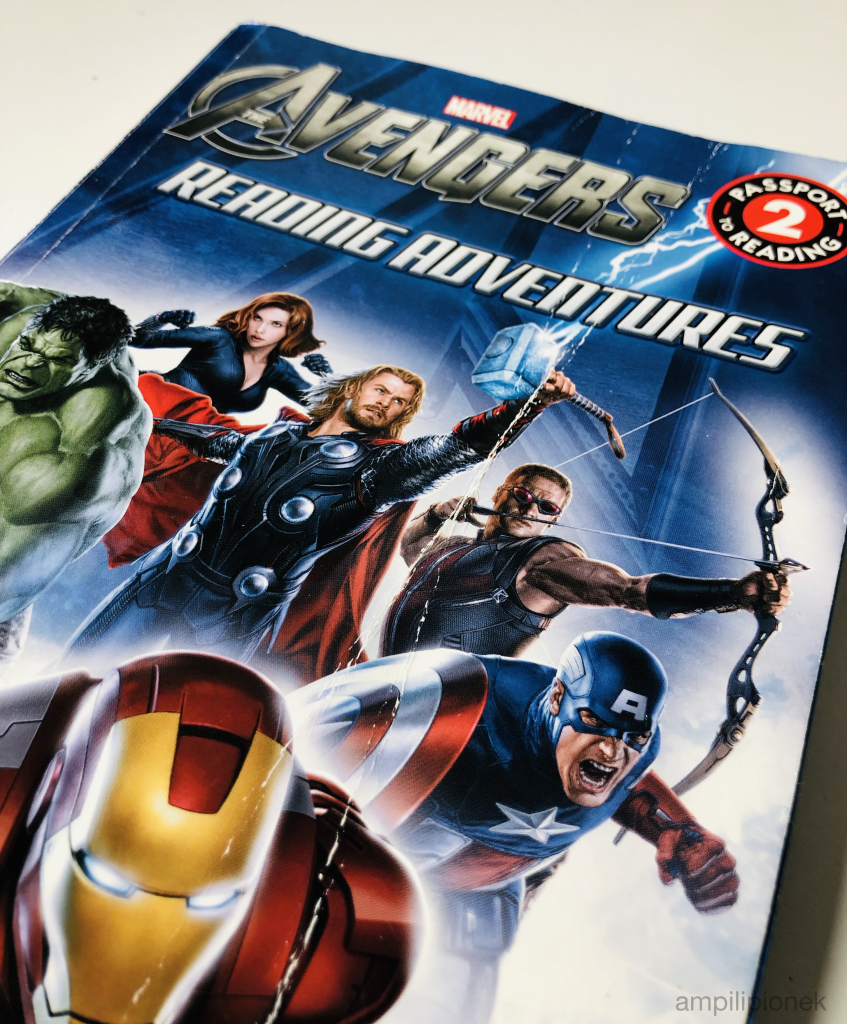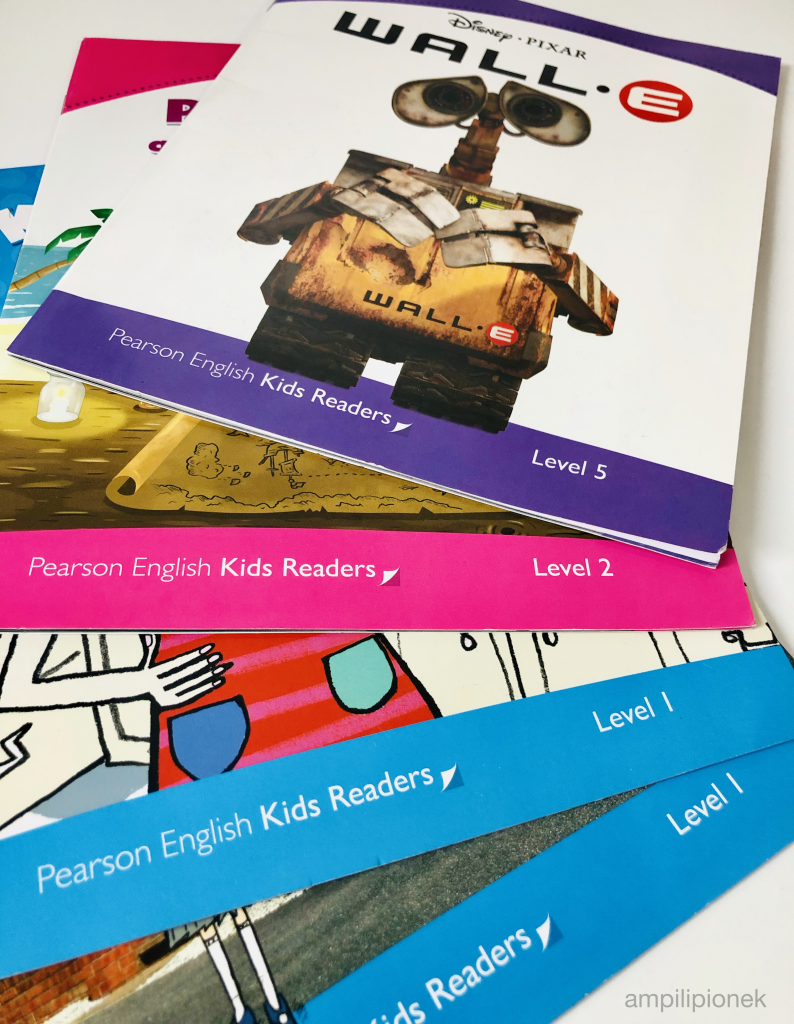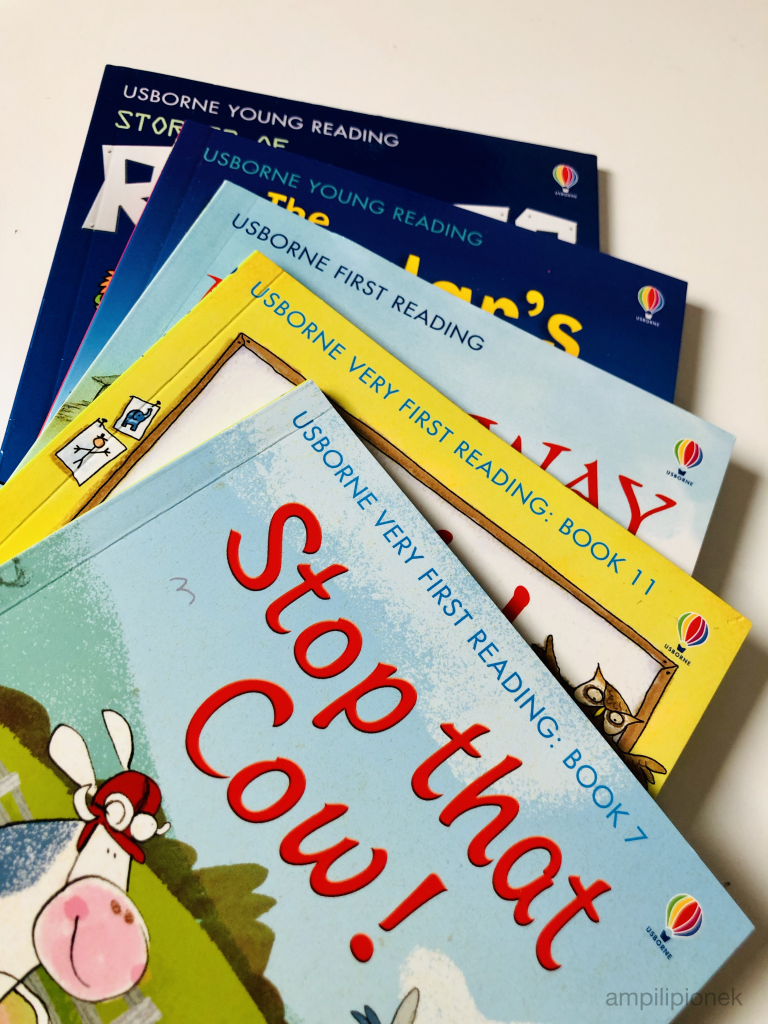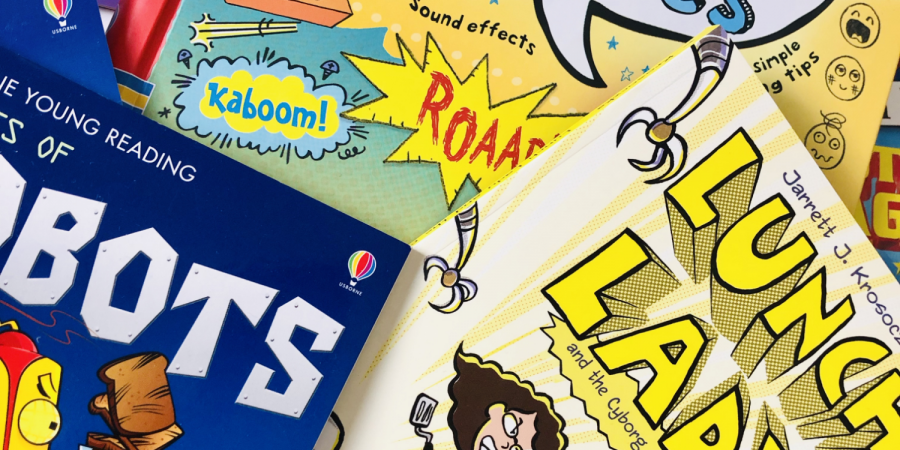Reading issue is quite common among kids who learn more than one language. A multilingual family as ours already knows that having and using more than three languages to communicate in school and home is definitely challenging. Especially for most children on the spectrum who
It wasn’t a piece of cake to start the reading exercises as it takes a great amount of focus and effort that is necessary to put the letters together, start with spelling and explaining the sounds and phonetics to a kid who can’t concentrate for more than 2 minutes.
We are quite familiar with the idea to ‘do it yourself’ approaches to teach our son on the spectrum. Finding out the best and the most interesting way to present the learning goal to him in a form that meets his unusual educational needs. To motivate him hugely ‘buying’ his attention and interest.
Oh, how tricky life might become! You are a boring, settled out adult and you think nothing could possibly turn your life upside down…and suddenly you have to bring out your creativity and think like a geek kid! And it’s not only about answering a banana-phone if your kid insist that it’s ringing!
- Fun books – in this category you can put all the books that are silly, cute, colorful but not exactly recommended by the school. Figure out what is your kid’s relaxing fun book and go for it.
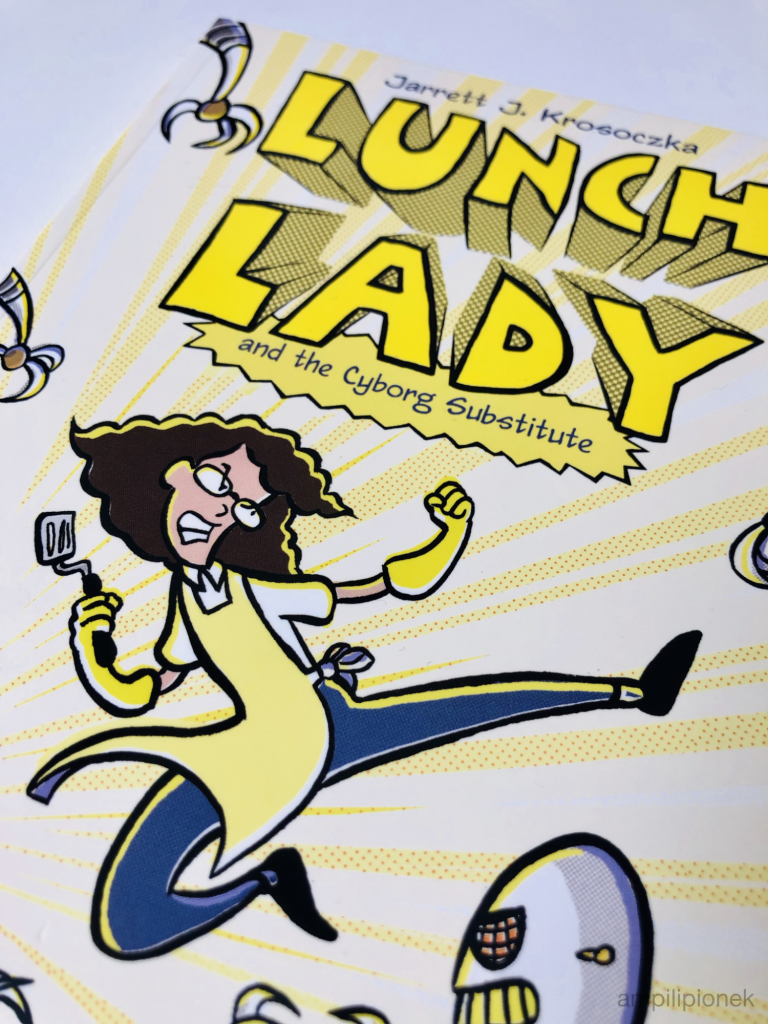

- Hands-on books – those who push you to make some doodles inside and maybe there is a wipe-clean mode as well. Apparently struggling readers find easier to read their own stories. Help them write a story about some current event or occasion, about their pet or friend and make them read it!


- Science with aside of nerdy features-there are numerous positions available to explain and practice biology, physics, chemistry…. you have to find the one that meets your kid’s interests and curiosity to learn something new.
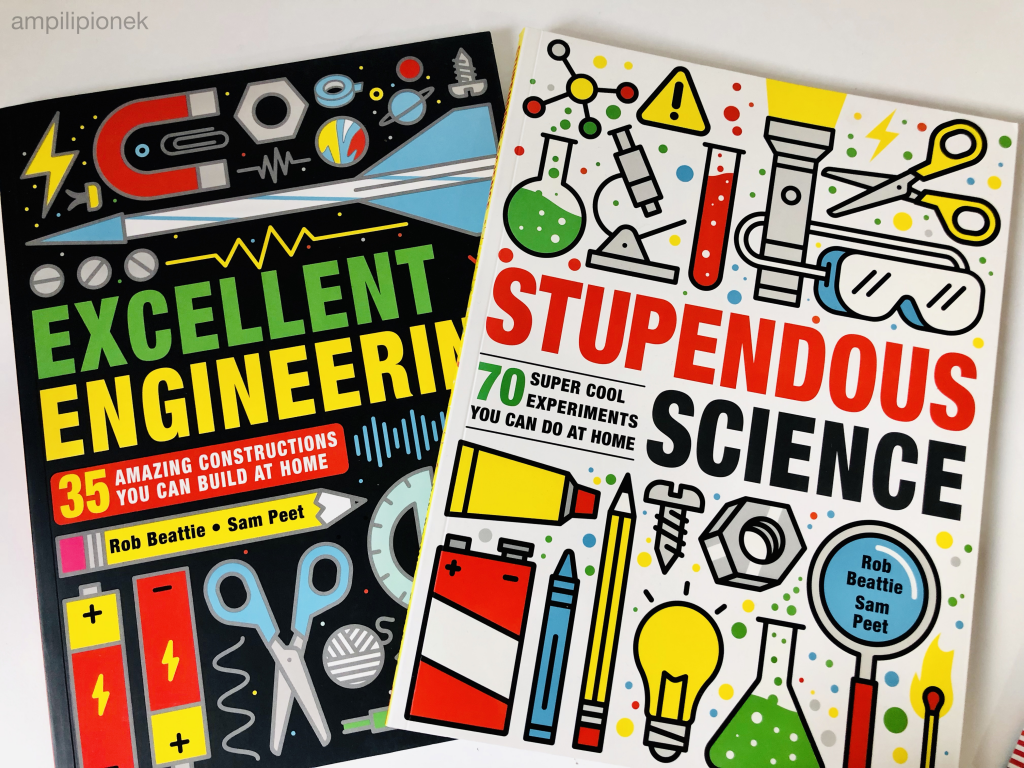
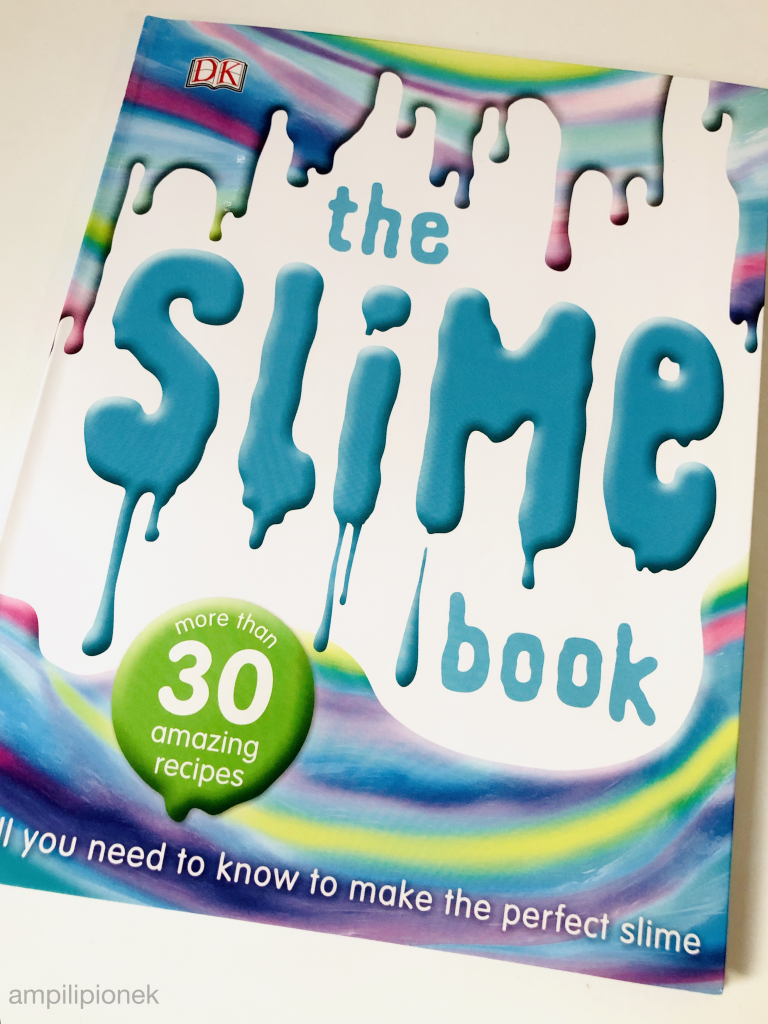
- Lyrics!Does your kid love to sing and this could be an extra motivator to start with reading. Well, you have to know the lyrics if you want to sing it! Right?! Find the lyrics and print them in big enough text and a simple font. And sing it out loud!
- The parent reads out loud books. Find a book that you think might be interesting to your child. No worries if it’s for more advanced readers. Make yourself and your little one comfortable and read it out loud. This is an excellent exercise actually. Follow read text with your finger so you can be sure your child’s eyes will go there unconsciously.
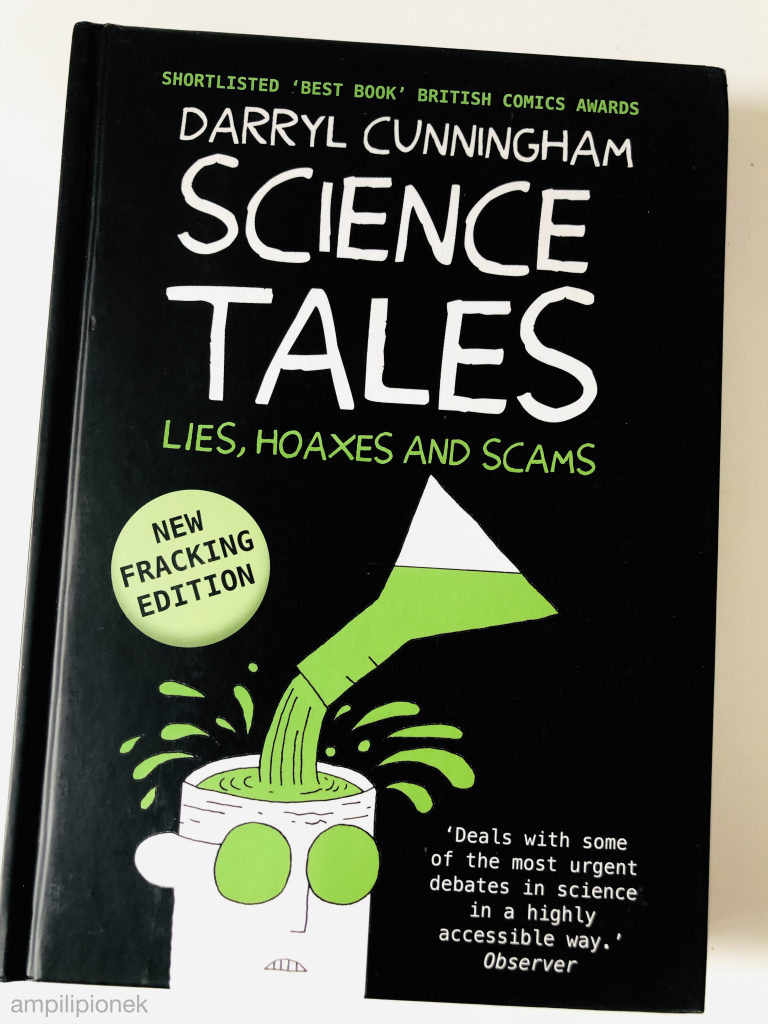

- Books with levels listed for independent reading. There is a complexity measure that makes you understand the texts’ difficulty level. Choose those silly and funny ones. Avoid boring stories if you have to make your child love reading and searching for them autonomously.
